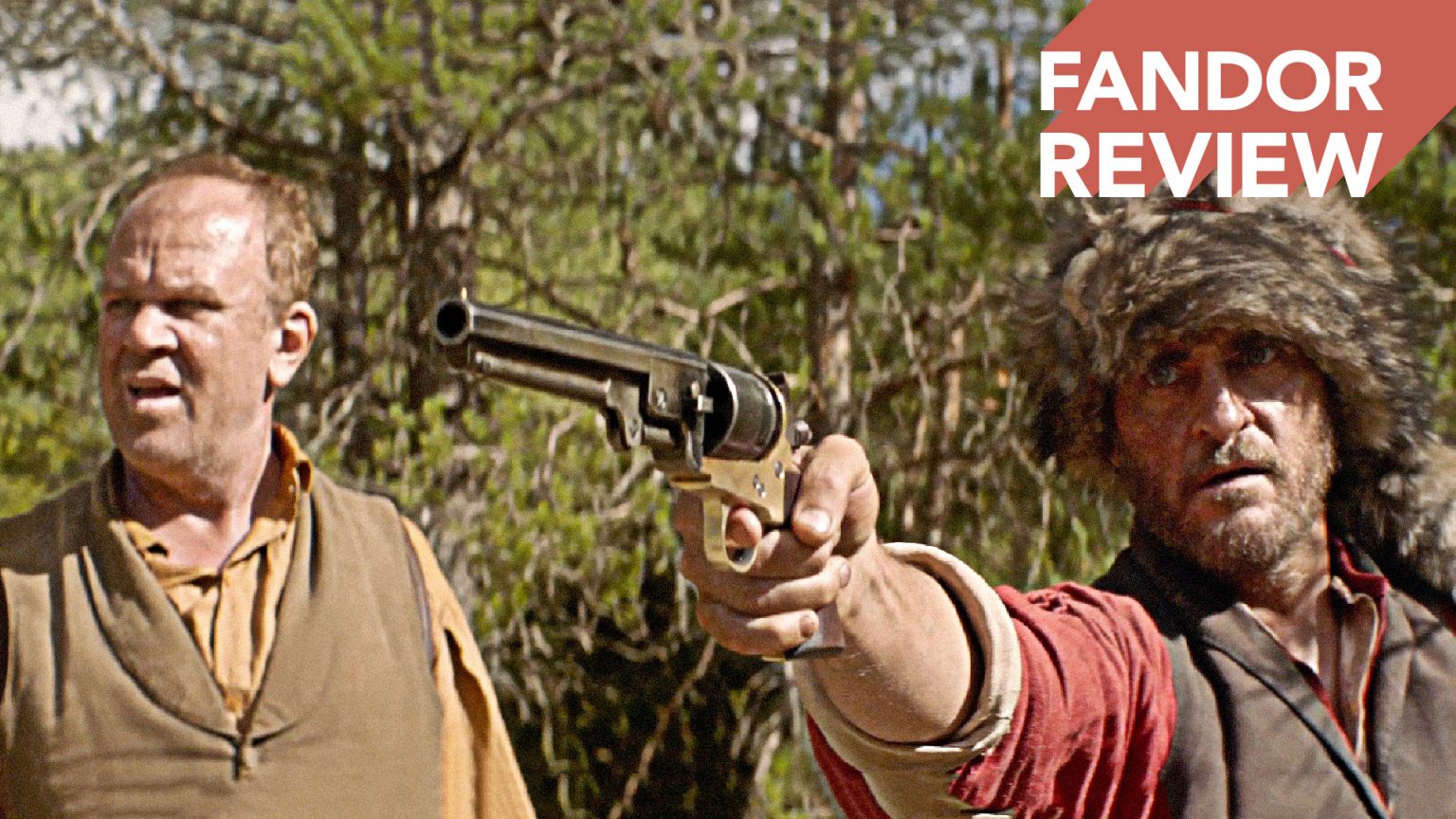Jacques Audiard’s new film, The Sisters Brothers, is a series of firsts for the Palme d’Or-winning Parisian director: It’s his first English language film, his first Western, and it might also conclude in one of his most tender endings.
Yet that’s not to say his film is tender overall. Not in the least; the film is actually a damning look at the wild 1850s in America, where bounty hunters commanded society’s respect, science was viewed unfavourably, and capitalism, due to the gold rush, had taken over the American mindset. Any of this sound familiar? Audiard looks deep into America’s psyche, especially in relation to our obsession with violence (and its cyclical nature), as well as the ways money corrupts — nationally and individually.
Following hired guns, the Sisters brothers — Eli (John C. Reilly) and Charlie (Joaquin Phoenix) — we watch as they’re given contracts to find and return people to those who are looking for them (sometimes alive, mostly always dead). Eventually, a wealthy man named the Commodore (Rutger Hauer) gets wind of a chemist, Hermann Kermit Warm (Riz Ahmed), who has invented a way to light up gold in a river. John Morris (Jake Gyllenhaal) is a scout for the Commodore and the Sisters, tracking down the chemist’s every move, relaying information through letters. Like all great Westerns (or morality plays), Morris is presented with a decision: Does he continue with his uncivilized life full of shooting and killing, or join forces with Warm in the hopes of striking it rich. His choice sets in motion this darkly comic western-chase picture.
Charlie, the younger of the two brothers, is the de-facto leader due to his penchant for violence and lack of remorse. But he’s also a raging alcoholic — an attribute of his and Eli’s father that they despised. Phoenix is able to go wild with the role. He’s a mean, unlikable character one moment — not afraid to kill anyone in his way. Yet he’s also funny, articulate, witty, and worldly.
Eli, on the other hand, is a softer soul. Due to being the older brother, and knowing better how they once had to deal with their abusive father, Eli feels a strong protectiveness towards Charlie. He wants out of “the game,” but as long as Charlie continues to rob, murder, and drink, he’ll tag along. When they are hired to find Warm, he ponders whether they should just join forces with Morris and the chemist and put an end to their violent ways.
Thus, the film, after a fun, rambling first half-hour, buckles down on its critique of America’s infatuation with money. Smartly, due to its 1851 setting, Audiard is able to play up the early foundational pieces of what America would become at the turn of the century while keeping a close focus on the wildness of society.
It’s here that Audiard’s touch begins to really be felt. He’s long been a director who’s able to weave societal critique into his films. His Palme d’Or winner Dheepan, for example, is a stirring and frightening portrayal of what Tamil immigrants face within French society, and he shows why some immigrants feel like they have to turn to a life of crime to survive and thrive.
This theme is also present in his greatest film, Un Prophète, in which Audiard paints a grand, sweeping story of a young half-Arabian, the half-Corsican prisoner who dives deeper and deeper into the criminal underworld. His films are often allegorical and this, paired with his instinct to avoid “easy-outs” for his characters, makes him able to create powerful narratives that stick with the viewer.
Likewise, the four central characters in The Sisters Brothers (Eli, Charlie, Morris, and Warm) all end up representing a part of America’s political or economic mindset. Through this lens, Audiard presents what an idyllic socialist society could look like if America understood the concept of “spreading the wealth” represented by the character of Warm. Yet, he muddies this idea by making Charlie the tragic, greedy force of capitalism that ultimately wants only good things for himself, his brother, and others, but has been so tarnished by his failed search for meaning that the pursuit of money has become his sole purpose. Eli and Morris, then, represent the more centrist figures — the true heart of America. People who still have a chance to change their ways.
For the majority of the time, Audiard deftly balances the tragic with the comic in this Weird Western. However, as the subtle sadness of the movie threatens to boil over, Audiard delivers a soft, tender ending.
While unexpected, it is nonetheless an ending that shows there’s some good left in us. We just have to be willing to understand when we, as individuals and as a society, are the ones ruining our own chance for redemption.




